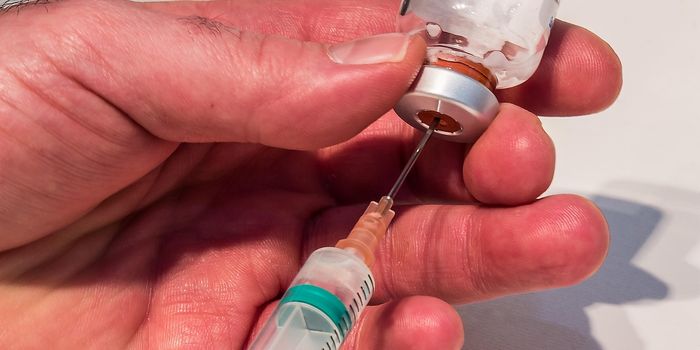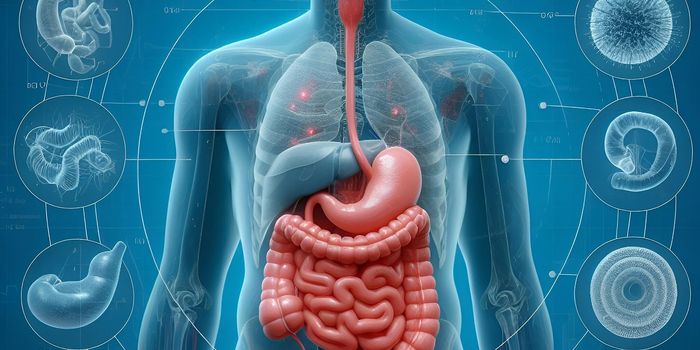Workers in Transportation Might be More at Risk for Cancer
Road transportation workers are essential employees in any country. They represent the truck, bus, taxi, and other such drivers that support national infrastructure. However, their profession can expose them to invisible dangers as they are often exposed to high amounts of engine exhaust.
Diesel engine exhaust was identified as a carcinogen back in 2012. It contains several dangerous chemicals such as benzene, inorganic sulfates, and lead. When inhaled, these chemicals are taken up by the lungs and circulate through the body. Separate studies have shown that long term inhalation of these dangerous materials increases the risk of several cancers. It stands to reason then that transportation workers might be at a higher risk for cancer.
A team from the Gachon University College of Medicine in South Korea noted this and began a long term study of transportation workers alongside regular workers. The study would follow transportation and non-transportation workers every year, and check for incidences of cancer that arise. The study ran from 2006 until 2015 and is one of the most extensive studies with over 600,000 participants.
The study showed a slight increase in cancer risk for most age groups tested. After standardizing several variables, they found that road transportation workers did have an increased risk for some cancers. The road transportation group consistently showed a higher risk for liver, lung, prostate, and digestive cancers. None of the several other cancers tested showed any significant data supporting a difference between road transportation workers and the control workers.
Studies with more focus and smaller groups have already shown a clear correlation with extended diesel engine exhaust exposure and cancer risk. Diesel exhaust is classified as a carcinogen, while gasoline exhaust is still not clear on its impact on humans. Road transportation workers also tend to suffer from cardiovascular and other issues related to the relatively sedentary lifestyle the profession necessitates. This combination could result in several health issues, and road transportation workers should consistently be checked out by a physician.
Cancer risk is clearly elevated for certain cancer in road transportation workers. The study represents a comprehensive examination of a large population, and while certain issues with uncontrollable factors might be present, its support remains quite strong. The study concludes, “In conclusion, RTWs have a high risk of cancer, including cancer of the liver and intrahepatic bile ducts, other digestive organs, trachea, bronchus, lung, and bladder.”
Sources: Nature Scientific Reports, Oregon Environmental Council









